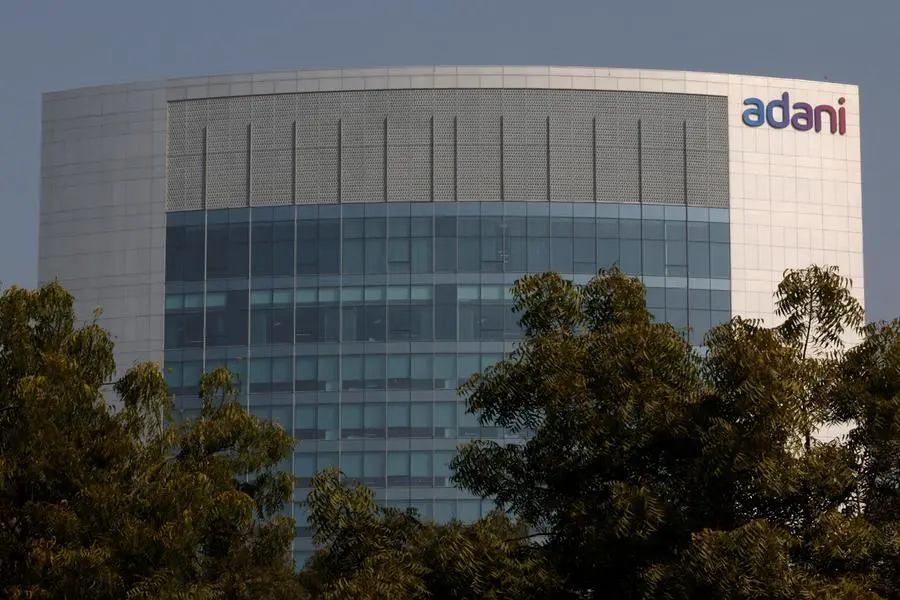PHOTO
India will no longer need to rely on refined copper imports once billionaire Gautam Adani's new copper smelter ramps up its capacity, the federal Ministry of Mines said on Friday.
India, which identified copper as a critical mineral last year, relies on imports to address shortfalls and meet the robust demand in the world's fastest-growing major economy.
Copper's main consumers include the construction sector, home appliance manufacturers, and industries involved in the green energy transition, such as electric vehicles, solar, and wind power plants.
Kutch Copper Ltd, a subsidiary of Adani Enterprises Ltd, has already started operations and is expected to reach full capacity by February-March next year, the mines ministry said.
"Once achieved, India will be self-sufficient in refined copper, and will not have to rely on imports," it said in a statement.
The $1.2 billion copper plant in the western city of Mundra in Gujarat will have an initial capacity of 500,000 metric tons, with plans to scale up to 1 million by 2028-29, a Kutch Copper Ltd executive told Reuters earlier this year.
U.S. authorities last month accused Adani Group Chairman Gautam Adani and seven others of being part of a $265 million scheme to bribe Indian officials, and of misleading U.S. investors while raising funds there.
The ports-to-power conglomerate has termed the allegations "baseless" and said it would seek "all possible legal recourse".
India imported around 363,000 tons of refined copper cathodes in the fiscal year to March 2024, with Japan accounting for two-thirds of imports, the mines ministry said.
India's copper imports have surged since the 2018 closure of Vedanta's Sterlite Copper smelter, which produced about 400,000 tons of the metal.
India's refined copper production is estimated at around 555,000 tons per year against domestic consumption of more than 750,000 tons. India imports around 500,000 tons of copper a year to meet the shortfall.
New Delhi's drive towards clean energy and electric vehicles, and other similar shifts, are expected to double the country's copper demand by 2030.
(Reporting by Neha Arora. editing by Mayank Bhardwaj and Mark Potter)





















